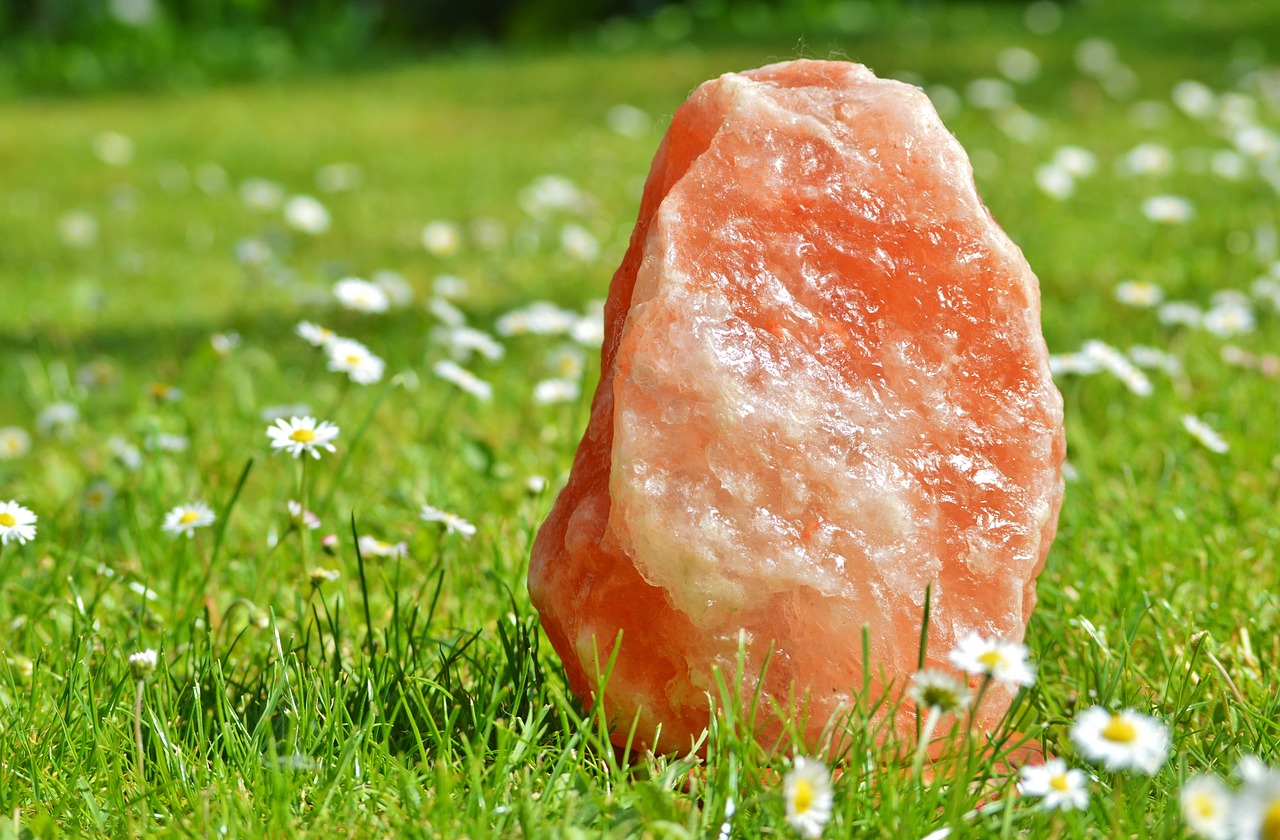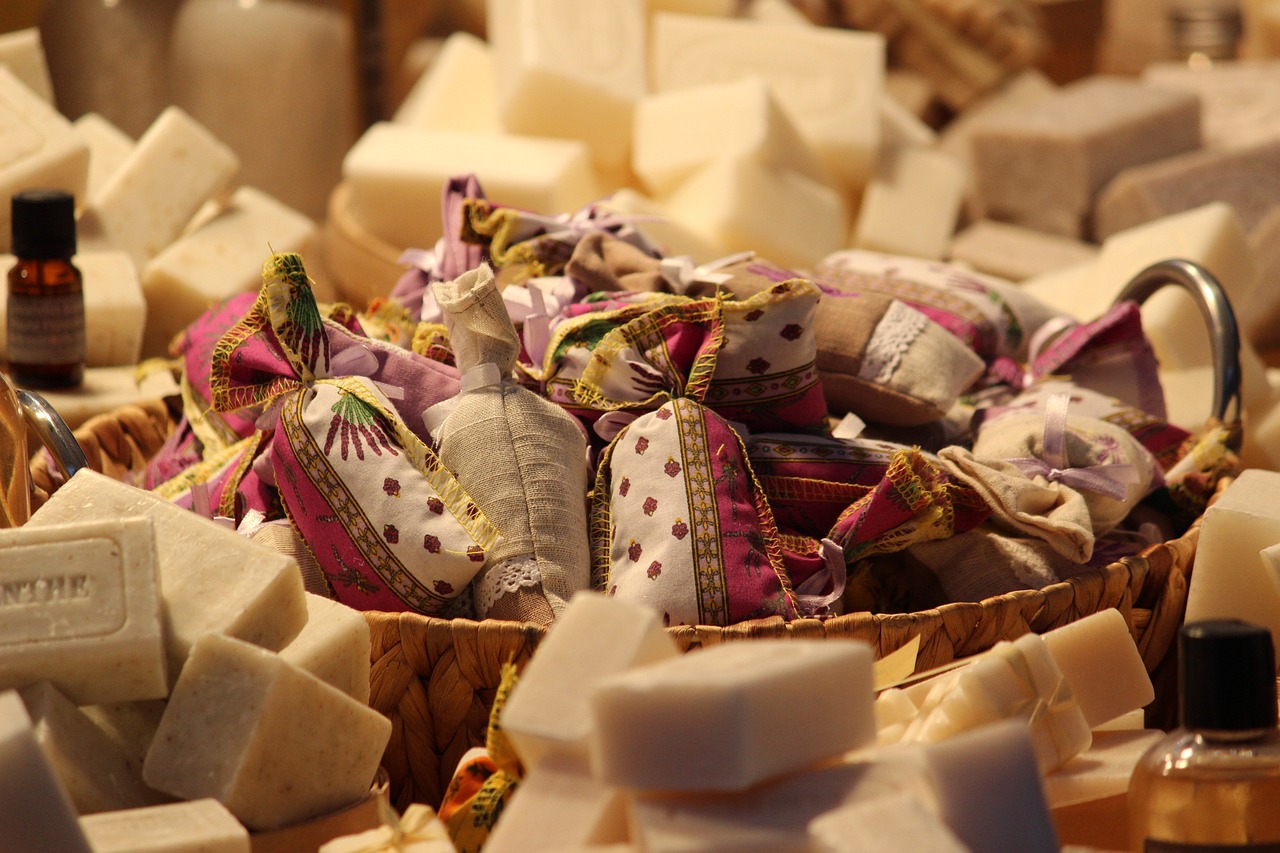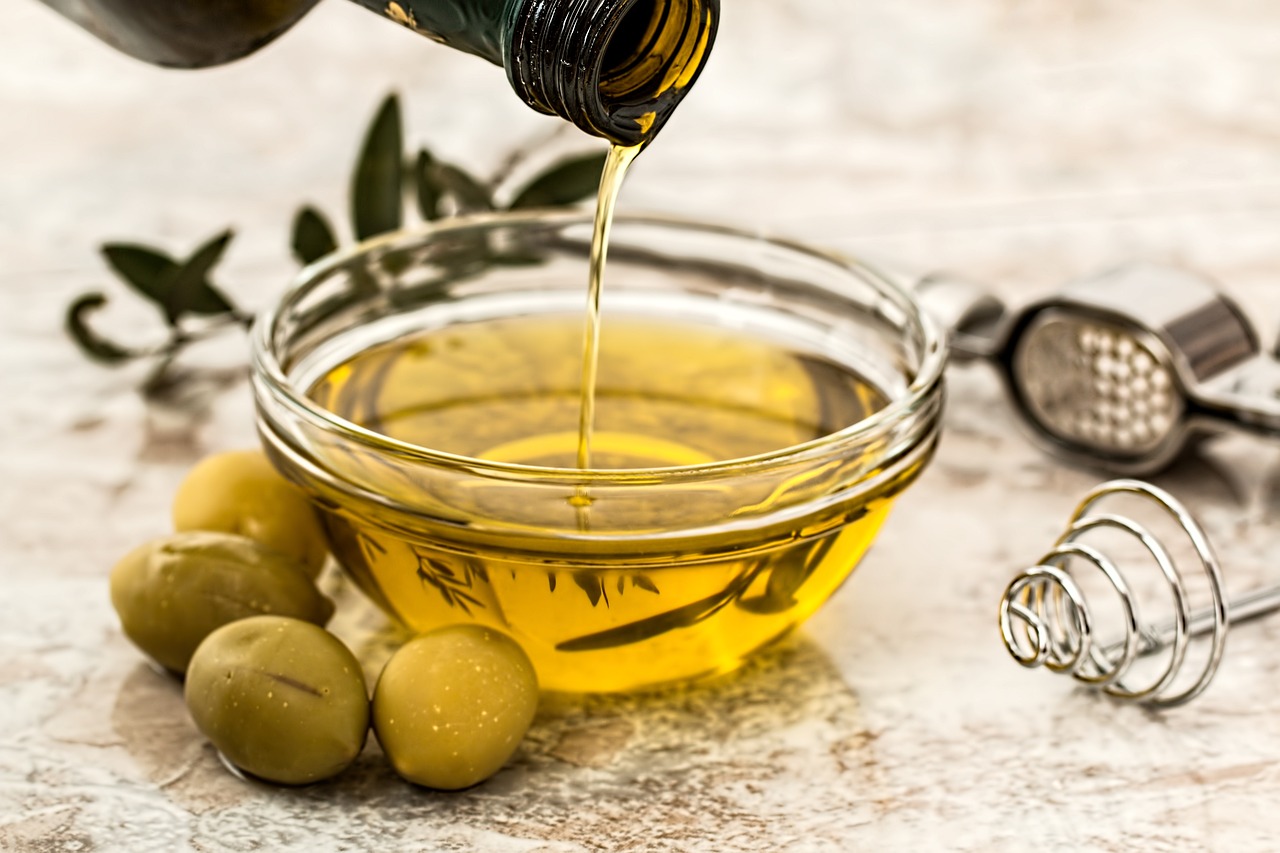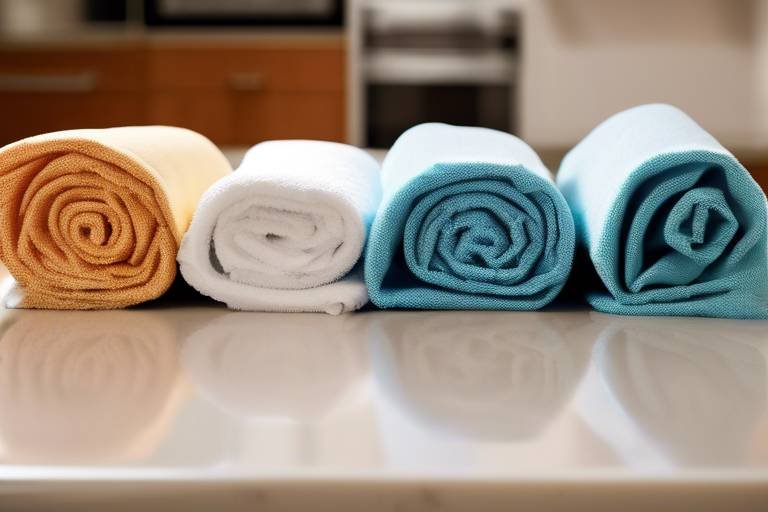How to Create a DIY Natural Herbicide
Creating your own DIY natural herbicide is not only a cost-effective solution but also an eco-friendly alternative to synthetic weed killers. By using simple ingredients commonly found in your home, you can effectively manage weeds in your garden without resorting to harmful chemicals. This approach not only benefits your plants but also promotes a healthier environment for all living organisms.

Benefits of Natural Herbicides
Natural herbicides offer a multitude of benefits that make them a preferred choice for weed control in gardens and landscapes. Unlike synthetic herbicides, natural alternatives are environmentally friendly and do not pose risks to humans, pets, or wildlife. By opting for natural herbicides, you contribute to sustainable gardening practices and help protect the ecosystem.
One of the key advantages of natural herbicides is their soil-friendly nature. These herbicides do not harm the soil structure or beneficial microorganisms, unlike their chemical counterparts. By using natural ingredients like vinegar and essential oils, you can nourish the soil while effectively managing weeds.
Additionally, natural herbicides are cost-effective and readily available. Most of the ingredients needed to create homemade herbicides can be found in your kitchen pantry or local stores, making it convenient and affordable to maintain a weed-free garden. By harnessing the power of natural ingredients, you can achieve effective weed control without relying on harsh chemicals.

Common Ingredients for DIY Herbicides
When it comes to creating your own natural herbicide, you might be surprised to learn that many of the ingredients needed can be found right in your kitchen or garden shed. These common items are not only easily accessible but also effective in managing weeds without the use of harmful chemicals.
One key ingredient often used in DIY herbicides is vinegar. Known for its acidic properties, vinegar can be a potent weed killer when used in the right concentration. Additionally, salt is another common household item that can play a crucial role in natural herbicides. Its ability to dehydrate and kill weeds makes it a valuable component in homemade weed control solutions.
Essential oils are also gaining popularity as natural herbicide ingredients. Oils like clove or citrus possess natural herbicidal properties that can help in targeting and eliminating weeds. When combined with other ingredients, these essential oils create a fragrant and effective herbicide blend.

Vinegar as a Key Ingredient
Vinegar is a versatile ingredient that plays a key role in natural herbicides due to its herbicidal properties. This common household item contains acetic acid, which acts as a desiccant, drying out the weeds and ultimately killing them. When combined with soap or other substances, vinegar can create a potent weed-killing solution that is effective in controlling unwanted vegetation in your garden.

Effectiveness of Salt in Herbicides
Salt is a surprisingly effective ingredient in natural herbicides due to its ability to dehydrate and kill weeds effectively. When used in herbicide recipes, salt works by drawing moisture out of the plant cells, leading to desiccation and ultimately killing the unwanted plants. This method is particularly useful for targeting weeds in areas where you do not want any vegetation, such as in between paving stones or along fence lines.

Recipes for Natural Herbicides
When it comes to creating natural herbicides, there are various recipes that you can easily make at home. These DIY solutions offer an eco-friendly way to control weeds in your garden without resorting to harmful chemicals. By using common household ingredients, you can effectively manage weed growth while promoting a healthy environment for your plants.
One popular recipe for a natural herbicide involves combining vinegar and soap. Vinegar, with its herbicidal properties, can be mixed with soap to create a potent weed-killing solution. This blend is particularly effective against broadleaf weeds and can be applied directly to the targeted plants for quick results.
Another option is to create an herbicide blend using essential oils such as clove or citrus. These oils not only add a pleasant fragrance to the mixture but also possess natural herbicidal properties that can help in weed control. By blending essential oils with other ingredients, you can customize the herbicide to suit your specific needs and preferences.
Experimenting with different natural herbicide recipes allows you to find the most effective solution for managing weeds in your garden. Whether you prefer the simplicity of vinegar and soap or the aromatic benefits of essential oils, creating your own herbicides gives you the flexibility to tailor the blend to target specific types of weeds.

Vinegar and Soap Herbicide Recipe
Creating a natural herbicide using vinegar and soap is a simple yet effective way to tackle broadleaf weeds in your garden. Vinegar, with its acidic properties, acts as a natural weed killer, while soap helps the solution adhere to the weeds for better coverage.
To make this herbicide, you will need white vinegar, liquid soap (preferably dish soap), and a spray bottle for application. Start by mixing one gallon of vinegar with a tablespoon of liquid soap in the spray bottle. Shake well to ensure the soap is evenly distributed in the vinegar solution.
When applying the vinegar and soap herbicide, make sure to target the leaves of the weeds thoroughly. The acidity of the vinegar will penetrate the plant cells, causing them to wither and die. The soap helps the solution stick to the leaves, enhancing its effectiveness.
It's important to note that this natural herbicide is non-selective, meaning it can harm any plant it comes in contact with. Therefore, be careful when spraying and avoid applying it on desirable plants. Additionally, it's best to use this herbicide on a sunny day to maximize its weed-killing potential.

Essential Oil Herbicide Blend
When it comes to creating a natural herbicide blend, essential oils can play a crucial role in enhancing the effectiveness of the solution. Essential oils such as clove or citrus are known for their potent herbicidal properties, making them valuable additions to homemade herbicide recipes. These oils not only help in targeting weeds but also add a pleasant fragrance to the herbicidal blend, making the application process more enjoyable.
Essential oils like clove oil contain compounds that have been shown to have herbicidal effects on various weed species. When combined with other ingredients such as vinegar or soap, essential oils can create a powerful herbicide blend that is effective in controlling unwanted vegetation in your garden. Additionally, the natural origin of essential oils makes them a preferred choice for those looking to avoid synthetic chemicals in their weed management practices.

Application and Safety Tips
When it comes to applying natural herbicides in your garden, it's essential to follow some key tips to ensure their effectiveness and safety. Firstly, always apply herbicides on a calm day to prevent the solution from drifting onto desirable plants. Additionally, make sure to target the weeds directly without overspraying the surrounding areas to minimize any potential harm to beneficial plants.
Before applying any homemade herbicide, it's crucial to test it on a small area of weeds to observe its effectiveness and any adverse reactions. This step allows you to adjust the concentration or ingredients if needed before treating a larger area. Moreover, wearing protective gear such as gloves and goggles is recommended to prevent skin contact and eye irritation when handling herbicidal solutions.
When using natural herbicides containing vinegar or essential oils, avoid applying them during hot and sunny conditions as these ingredients can potentially cause damage to plants when exposed to intense sunlight. It's advisable to apply herbicides in the early morning or late afternoon to maximize their efficacy while minimizing the risk of plant burn.
Proper disposal of any leftover herbicide solution is crucial to prevent environmental contamination. Avoid pouring excess herbicide down the drain or into water sources, and instead, dispose of it according to local regulations or guidelines. Lastly, store any unused herbicide in a secure location away from children and pets to prevent accidental ingestion or exposure.
Frequently Asked Questions
- Can natural herbicides be as effective as synthetic ones?
Natural herbicides can be just as effective as synthetic options when used correctly. While they may require more frequent applications, their eco-friendly nature and safety for the environment make them a popular choice for many gardeners.
- Are homemade herbicides safe to use around pets and children?
Homemade herbicides can be safe for pets and children if used responsibly. It is important to follow application guidelines, keep pets and children away from treated areas until the solution dries, and store any leftover herbicide out of reach.
- Can vinegar-based herbicides harm my plants?
While vinegar can be an effective herbicide, it is a non-selective weed killer and can harm desirable plants if not used carefully. It is best to apply vinegar-based herbicides directly to weeds, avoiding contact with surrounding vegetation.



















